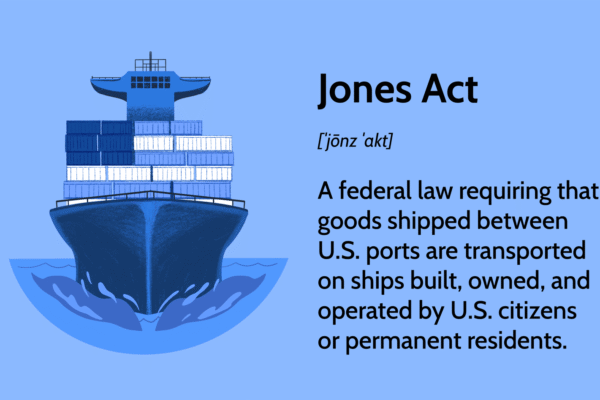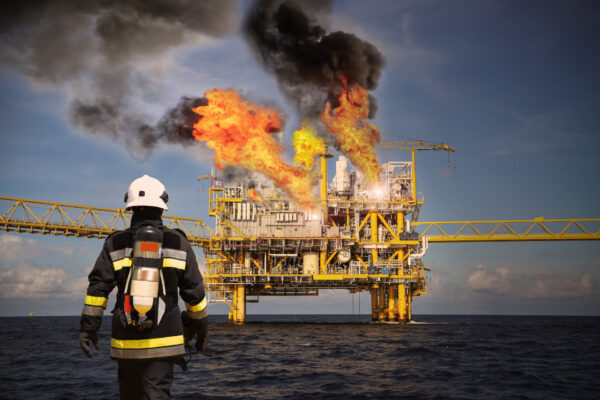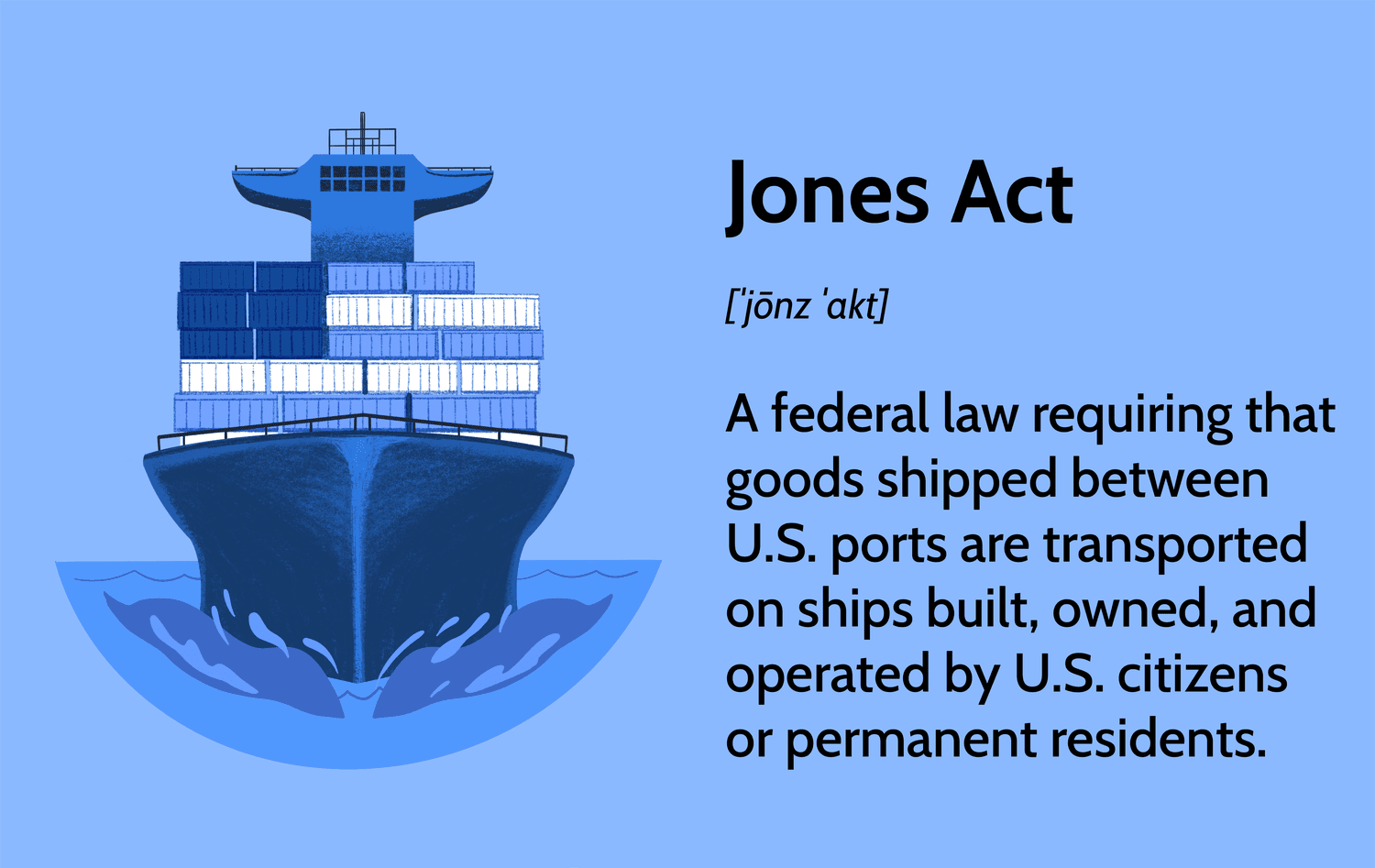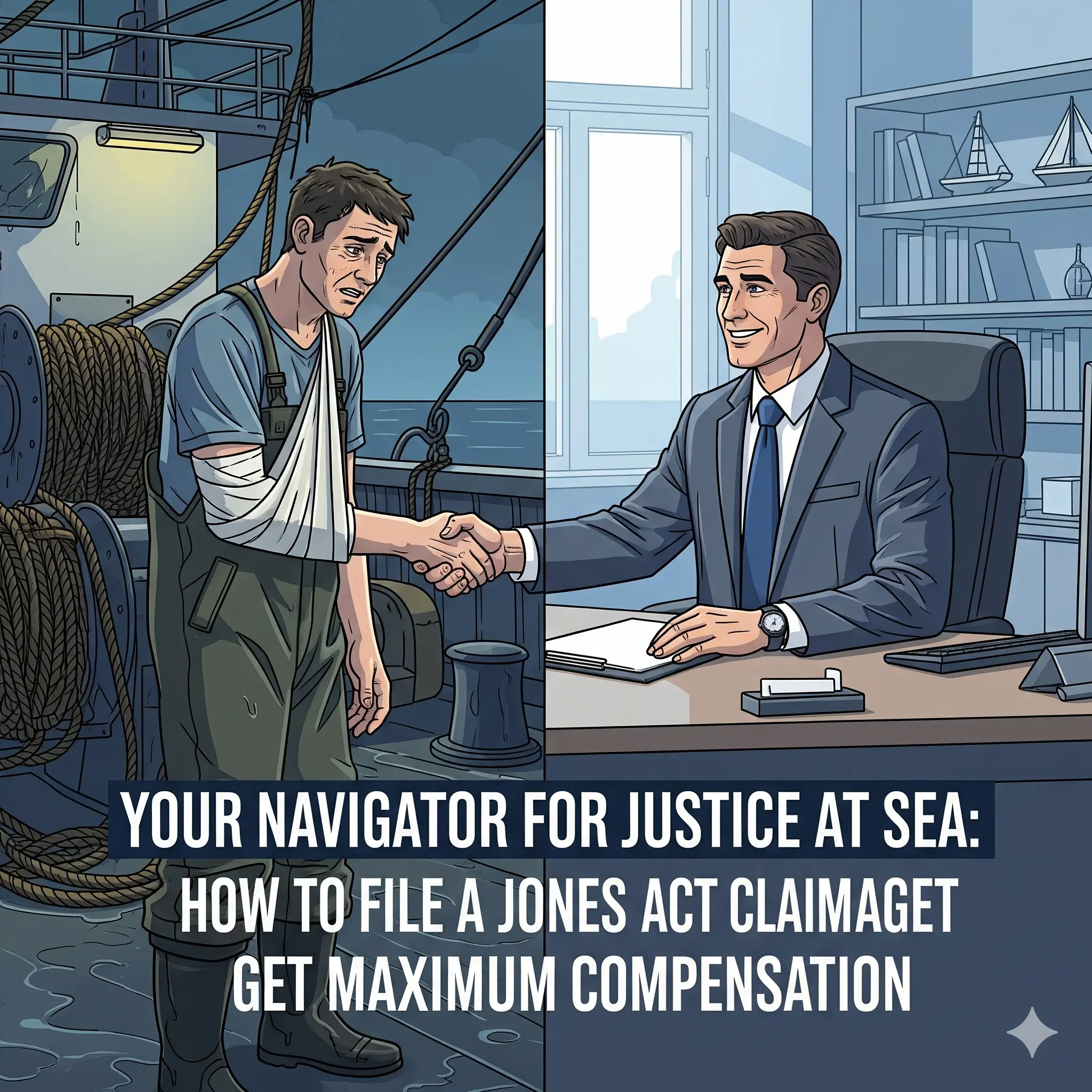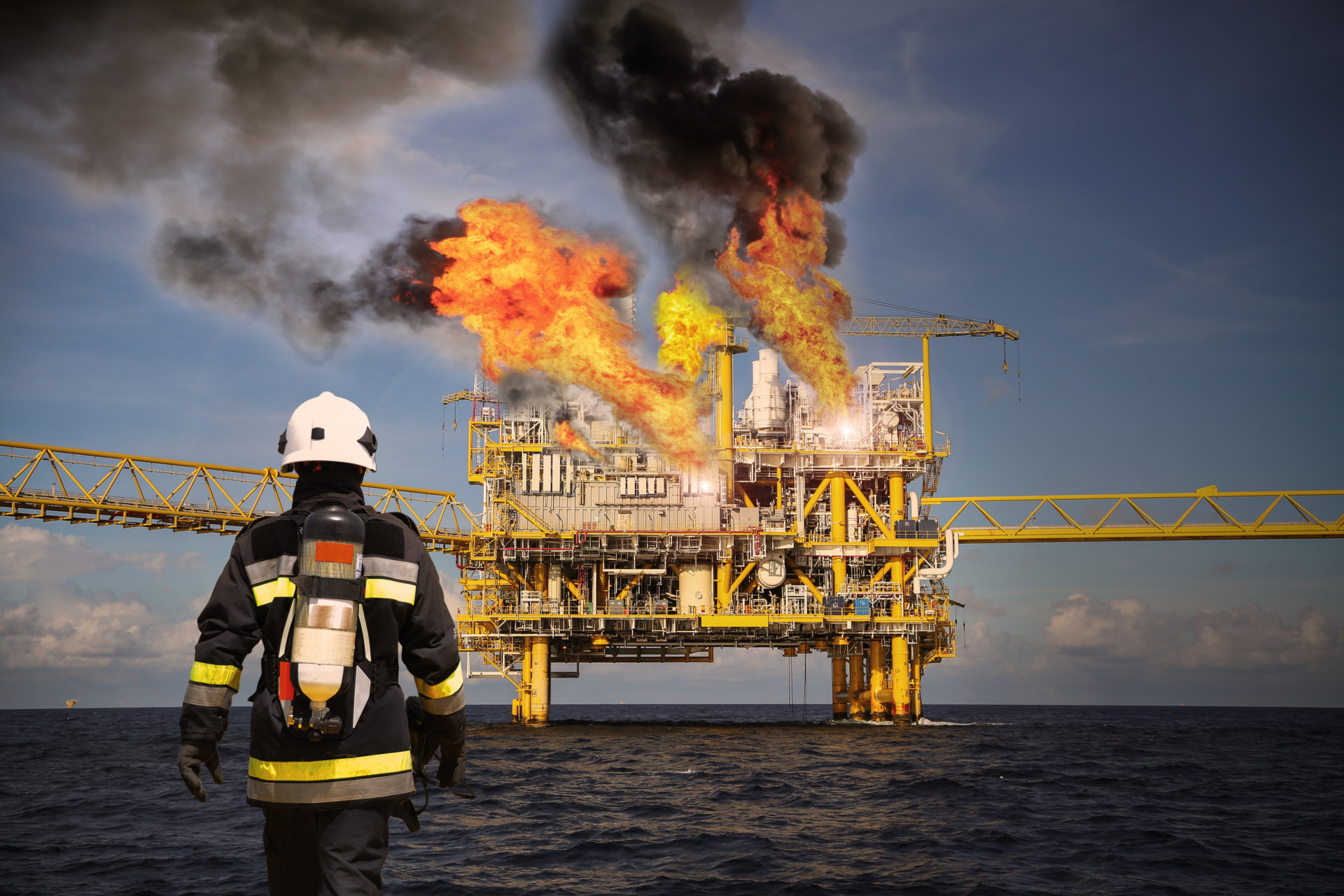
Offshore Oil Rig Accident Attorney: What to Do After a Workplace Injury
Working on an offshore oil rig is one of the most demanding and dangerous professions in the world. The lure of high wages often comes with the inherent risk of catastrophic accidents, severe injuries, and even fatalities. When an injury occurs in this challenging environment, the aftermath can be devastating, leaving you with physical pain, emotional trauma, and mounting financial burdens.
Unlike land-based jobs, injuries on an offshore oil rig fall under a complex web of maritime laws, not standard workers’ compensation. Understanding your rights and knowing the crucial steps to take immediately after an incident can significantly impact your ability to recover maximum compensation. This guide is designed to empower you with essential information and highlight why securing a seasoned Offshore Oil Rig Accident Attorney is your most critical step toward justice.
The Harsh Realities: Common Causes and Types of Oil Rig Accidents
Offshore oil rigs are essentially floating industrial cities, with heavy machinery, volatile substances, and extreme conditions. This combination often leads to severe accidents.
Common Causes of Offshore Oil Rig Accidents:
- Equipment Malfunctions: Defective or poorly maintained drilling equipment, cranes, winches, and other machinery.
- Blowouts and Explosions: Uncontrolled release of oil or gas, leading to fires, explosions, and structural collapse.
- Falls: Slips, trips, and falls on wet, oily, or poorly maintained decks, or falls from heights (ladders, platforms).
- Crushing Injuries: Accidents involving heavy moving equipment, dropped objects, or entanglement in machinery.
- Vessel Collisions: Collisions between support vessels, supply boats, or the rig itself.
- Exposure to Toxic Fumes: Inhalation of hazardous chemicals, gases, or drilling muds without proper ventilation or protective gear.
- Human Error: Fatigue, inadequate training, negligence of fellow crew members, or improper supervision.
- Extreme Weather: Rough seas, hurricanes, and storms that destabilize the rig or make operations unsafe.
Common Types of Injuries Sustained:
| Category of Injury | Examples | Severity Potential |
| Traumatic Brain Injuries (TBIs) | Concussions, skull fractures, internal bleeding, long-term cognitive impairment. | Extremely High |
| Spinal Cord Injuries | Herniated discs, fractured vertebrae, paralysis. | Extremely High |
| Amputations | Loss of limbs or digits due to crushing or entanglement. | High |
| Burns | Chemical burns, thermal burns from fires/explosions. | High |
| Broken Bones | Fractures in limbs, ribs, or other skeletal structures. | Moderate to High |
| Internal Injuries | Organ damage, internal bleeding from blunt force trauma. | High |
| Toxic Exposure | Respiratory issues, chemical burns, long-term health problems. | Moderate to High |
Export to Sheets
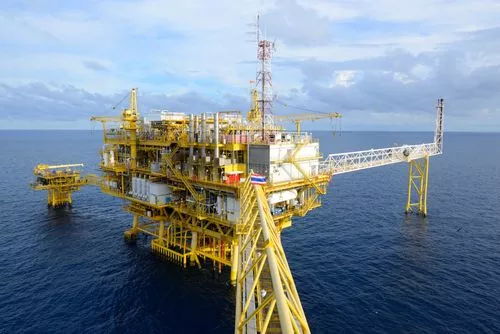
Immediate Action Steps After an Offshore Oil Rig Injury
What you do in the moments and days following an injury on an offshore oil rig is critically important. Your actions will form the foundation of any future claim.
1. Prioritize Your Health and Safety
- Seek Medical Attention Immediately: Your well-being is paramount. Report your injury to a medic or supervisor and insist on immediate medical evaluation, even if you don’t think your injuries are severe. Some serious injuries have delayed symptoms.
- Clearly State How the Injury Occurred: When you see medical personnel, clearly explain that your injury happened while working on the oil rig. Ensure this is accurately recorded in your medical charts.
- Do Not Refuse Medical Treatment: Refusing treatment can be used against you later to argue that your injuries were not serious.
2. Report the Accident Formally
- Notify Your Supervisor: Inform your supervisor or the person in charge about the accident as soon as possible.
- Insist on an Accident Report: Ask for an official accident report to be filled out. If you are given a form to sign, read it very carefully. Do not sign anything you don’t understand or agree with.
- Document the Report: Note down when you reported the accident, to whom, and if an accident report was filed.
3. Gather and Preserve Evidence
Evidence can disappear quickly on an oil rig. Please do what you can, safely, to preserve it.
| Type of Evidence | What to Secure/Remember | Why it Matters |
| Photos/Videos | Pictures of the hazard, your injuries, the accident scene, faulty equipment, safety violations. | Visual proof is incredibly powerful in establishing liability. |
| Witness Information | Names, contact numbers, and brief statements from anyone who saw the accident or the conditions leading up to it. | Witness testimony corroborates your account. |
| Personal Journal | A detailed log of your pain levels, limitations, medical appointments, medications, and how the injury impacts your daily life. | Provides a compelling, chronological record of your suffering and losses. |
| Equipment & Records | If possible, note the serial numbers of faulty equipment, logbook entries, and safety meeting minutes. | Can directly prove negligence or unseaworthiness. |
Export to Sheets
The Legal Landscape: Laws Protecting Offshore Workers
Unlike land-based workers, your rights as an offshore oil rig worker are typically covered by specific maritime laws. The legal framework depends on the type of vessel you work on and where the accident occurred.
Key Laws That May Apply:
- The Jones Act: If you qualify as a “seaman” (meaning you spend a significant portion of your time working on a vessel or fleet of vessels, like a drillship, jack-up rig, or semi-submersible), the Jones Act allows you to sue your employer for negligence. This law has a lower burden of proof for negligence (“however slight”) than land-based personal injury cases.
- General Maritime Law: Even if the Jones Act doesn’t apply, you may be entitled to “maintenance and cure” (daily living expenses and medical care) and may be able to file an “unseaworthiness” claim, arguing the vessel or its equipment was unfit for its purpose.
- Longshore and Harbor Workers’ Compensation Act (LHWCA): If you are not classified as a “seaman” but work on a fixed platform on the Outer Continental Shelf, this federal law may provide workers’ compensation-like benefits.
- Death on the High Seas Act (DOHSA): Applies to fatal accidents occurring more than three nautical miles from shore.
Navigating these laws requires deep expertise. This is precisely why you need a specialized Offshore Oil Rig Accident Attorney.
Why You Need an Offshore Oil Rig Accident Attorney
After an injury, your employer’s insurance company will immediately begin working to minimize your claim. They have vast resources and experienced legal teams focused on protecting their bottom line, not your well-being. Trying to go it alone against these giants is a recipe for receiving far less than you deserve.
An experienced Offshore Oil Rig Accident Attorney levels the playing field. Here’s what they do for you:
Your Attorney’s Critical Role
- Determines Applicable Laws: Precisely identifies which complex maritime laws apply to your unique situation (Jones Act, LHWCA, General Maritime Law, etc.).
- Conducts Thorough Investigations: Gathers evidence, interviews witnesses, secures incident reports, logbooks, and maintenance records that the company may be reluctant to provide.
- Engages Experts: Works with medical specialists, vocational experts, and economists to accurately calculate the full lifetime value of your damages—including lost future earnings, long-term medical care, and pain and suffering.
- Negotiates Aggressively: Deals directly with the company’s insurance adjusters and lawyers, protecting you from unfair settlement offers and ensuring your rights are upheld.
- Litigates Your Case: If a fair settlement cannot be reached, they are prepared to file a lawsuit and represent you vigorously in federal or state court.
The Statute of Limitations: Don’t Wait!
Most maritime injury claims, including Jones Act cases, have a strict three-year statute of limitations from the date of the injury. Missing this deadline means forfeiting your right to compensation forever. An Offshore Oil Rig Accident Attorney needs to begin their investigation and claim preparation as soon as possible to ensure all deadlines are met and evidence is secured.
Conclusion: Your Anchor in Troubled Waters
An offshore oil rig injury can irrevocably change your life, but it does not have to ruin your future. You have rights, and federal maritime laws are in place to protect you. However, the path to justice is fraught with legal complexities and powerful adversaries.
By taking immediate action to report your injury, document the scene, and most importantly, by securing a skilled Offshore Oil Rig Accident Attorney, you empower yourself. Your attorney will serve as your dedicated advocate, meticulously building your case, negotiating fiercely on your behalf, and fighting to secure the maximum compensation you need to cover your medical bills, lost wages, and pain and suffering, allowing you to focus on your recovery and rebuild your life. Don’t face this battle alone—let an experienced legal team be your anchor in these troubled waters.
Frequently Asked Questions (FAQs) After an Offshore Oil Rig Accident
1. What is the difference between an oil rig accident claim and regular workers’ compensation?
The fundamental difference lies in fault and compensation. Standard, land-based workers’ compensation is a no-fault system, but it provides limited benefits. Injuries on oil rigs or other vessels are typically governed by federal maritime laws like the Jones Act, which requires proving negligence (even if slight) on the part of the employer or a third party.
A successful Jones Act claim, handled by an Offshore Oil Rig Accident Attorney, can recover significantly more than workers’ comp, including compensation for:
- Past and future medical expenses
- Lost wages and lost future earning capacity
- Pain and suffering
- Mental anguish
2. Am I covered by the Jones Act?
You are likely covered by the Jones Act if you qualify as a “seaman.” This generally means two things:
- Status Test: You were assigned to a vessel (or fleet of vessels) in navigation.
- Situs Test: Your work contributed to the function or mission of the vessel, and you spent a significant amount of your working time (usually 30% or more) aboard the vessel(s).
Many types of oil rig workers, including those on drillships, jack-up rigs, and semi-submersibles, qualify as seamen. An Offshore Oil Rig Accident Attorney must evaluate your specific job duties and location to determine which maritime law applies.
3. What is “Maintenance and Cure,” and does it depend on who was at fault?
Maintenance and Cure is an automatic, no-fault benefit provided under General Maritime Law to a seaman injured or falling ill while in the service of the vessel.
- Maintenance covers your daily living expenses (rent, utilities, food) while recovering ashore.
- Cure covers all necessary and reasonable medical expenses until you reach Maximum Medical Improvement (MMI).
No, Maintenance and Cure is not based on fault. You are entitled to these payments even if the injury was your own fault, unless the injury was caused by willful misconduct (like being intoxicated). Your employer must pay these benefits promptly. If they are wrongfully denied or delayed, an Offshore Oil Rig Accident Attorney can sue for damages, and sometimes, punitive damages.
4. How long do I have to file my claim?
This is called the Statute of Limitations, and it is critical.
- For most claims filed under the Jones Act and General Maritime Law, the deadline is three (3) years from the date of the injury.
- If you are covered under the Longshore and Harbor Workers’ Compensation Act (LHWCA), the deadline to file a formal claim is generally one (1) year from the date of injury, and you must give notice to your employer within 30 days.
Do not wait. Evidence disappears, witnesses forget, and the clock is always running. Contacting an Offshore Oil Rig Accident Attorney immediately after your injury is the only way to ensure all deadlines are met.
5. Can my employer fire me for filing an oil rig injury claim?
Generally, no. Your employer cannot legally fire, threaten, or retaliate against you simply because you filed a claim for compensation under the Jones Act or LHWCA. This is considered wrongful termination or retaliation.
If an employer does retaliate (e.g., termination, reduction in hours, negative reassignment), you may have a separate claim for wrongful discharge in addition to your injury claim. A skilled Offshore Oil Rig Accident Attorney will protect you from such illegal actions and fight to recover all your losses.
6. How much is my Offshore Oil Rig Accident case worth?
No attorney can guarantee a specific financial outcome, as every case is unique. However, the value of your case depends on calculating the total extent of your damages, which typically includes:
- Economic Damages: Past and future medical bills, past and future lost wages, rehabilitation costs, and lost earning capacity.
- Non-Economic Damages: Pain, suffering, mental anguish, physical impairment, and disfigurement.
An experienced Offshore Oil Rig Accident Attorney will use medical experts, life care planners, and economists to accurately project your long-term needs, ensuring you receive the maximum compensation possible, not just a quick settlement offer from the company.
Moheen iftikhar


